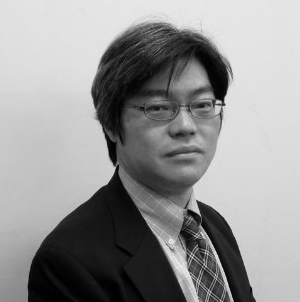
Dr.Ichiro Sakatawas born in 1966.
He is Professor, former Head of the Department of Technology Management for Innovation (TMI) and Director of Innovation Policy Research Center, the Institute of Engineering Innovation at Faculty of Engineering, the University of Tokyo (UTokyo).
He also has a joint appointment as special advisor to the president of UTokyo and Head of Vison Formation Group of Future Society Initiative (FSI).
From 2014-2016, he served as Director of the Policy Alternatives Research Institute, UTokyo. He received his BA at UTokyo (1989), MA at Brandeis University (1997) and Ph.D. at UTokyo (2003).
In addition to research and education activities in the UTokyo, he is co-Head of the Advanced Bio Carbon (ABC) consortium and Head of Development Project of the Future Prediction Platform from Large-scale Literature Data (NEDO and AIST).
He has twenty years’ working experience in the field of science and innovation policy.
He is a Special Advisor to the Minister of Health, Labour and Welfare, and special member for the Land Council of Japanese Government.
He also worked for the Tohoku reconstruction as a Special Advisor to the Minister of Reconstruction.
He has published over one hundred and fifty papers in variety of research fields including innovation management, technological forecasting, computational social science, nano-technology and sustainability science.
His selected recent publications include “Five years on from Fukushima”, Nature vol.531(2016) pp29-31, “Cellulose nanofiber backboned Prussian blue nanoparticles as powerful adsorbents for the selective elimination of radioactive cesium”, Scientific reports6(2016): 37009, and “Detecting trends in academic research from a citation network using network representation learning”, PLOS One 13(5) (2018): e0197260.
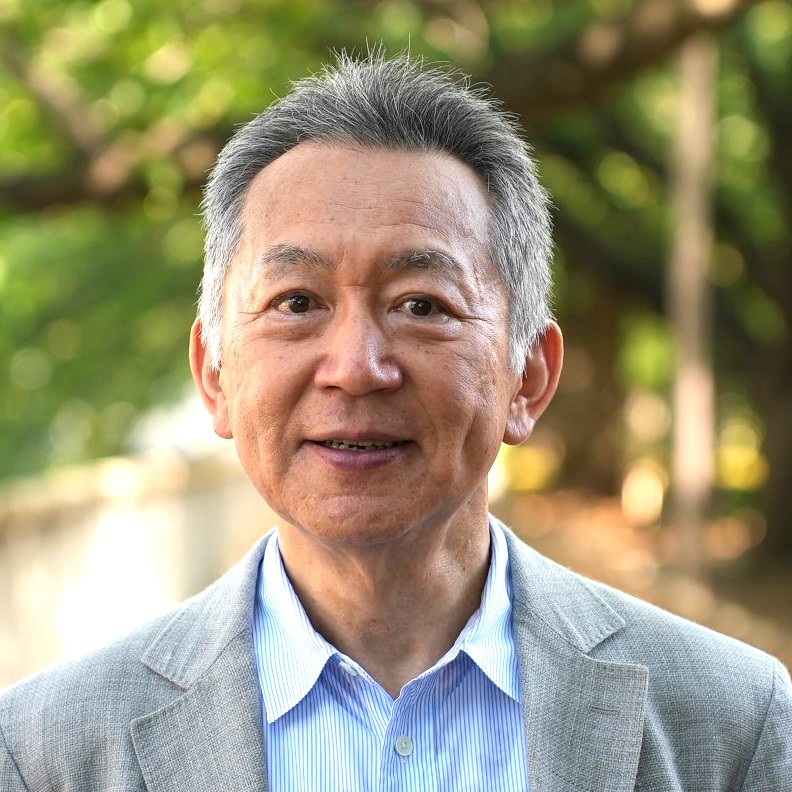
Hisashi Yoshikawa is a Project Professor of the Graduate School of Public Policy, the University of Tokyo, and also belongs to the Institute for Future Initiatives. Before he started to work in the University in September 2011, he worked both in the International Energy Agency (IEA) as Senior Advisor for Long-Term Policy and in the Organisation for Economic Co-operation and Development (OECD) as Deputy Director of the Directorate of Science, Technology and Industry (STI). He also worked in the Ministry of Economy, Trade and Industry (METI) of the Japanese Government and held director positions including Director of the Service Affairs Policy Division and Director of the Petroleum Distribution Division. His interests include policy planning and implementation, particularly in the field of energy. He received his master’s degree from the John F. Kennedy School of Government, Harvard University, in 1987 and a BA in law from the University of Tokyo in 1981. He works as Advisor for the Sasakawa Peace Foundation (SPF) and Senior Research Fellow of the Canon Institute for Global Strategy (CIGS).
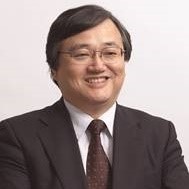
In 1984, completed a doctoral course in Department of Electrical Engineering in the Graduate School of Engineering, the University of Tokyo. Doctor of Engineering. In 1984, Assistant, in 1985, Lecturer, in 1989, Associate Professor, and in 2000, Professor in Department of Electrical Engineering and Information Systems, School of Engineering, and in 2008, Professor in Department of Advanced Energy, School of Frontier Sciences, the University of Tokyo. He has just held his present position again in 2019. His major is power systems engineering, and recently, he has researched smart grids. He was the 104th President of the Institute of Electrical Engineers of Japan, and He is now Administrative Council Member, Steering Committee Member, and Japanese National Committee Chairman of the International Council on Large Electric Systems (CIGRE), and Japanese National Committee Chairman of the IEC TC8 and TC123.
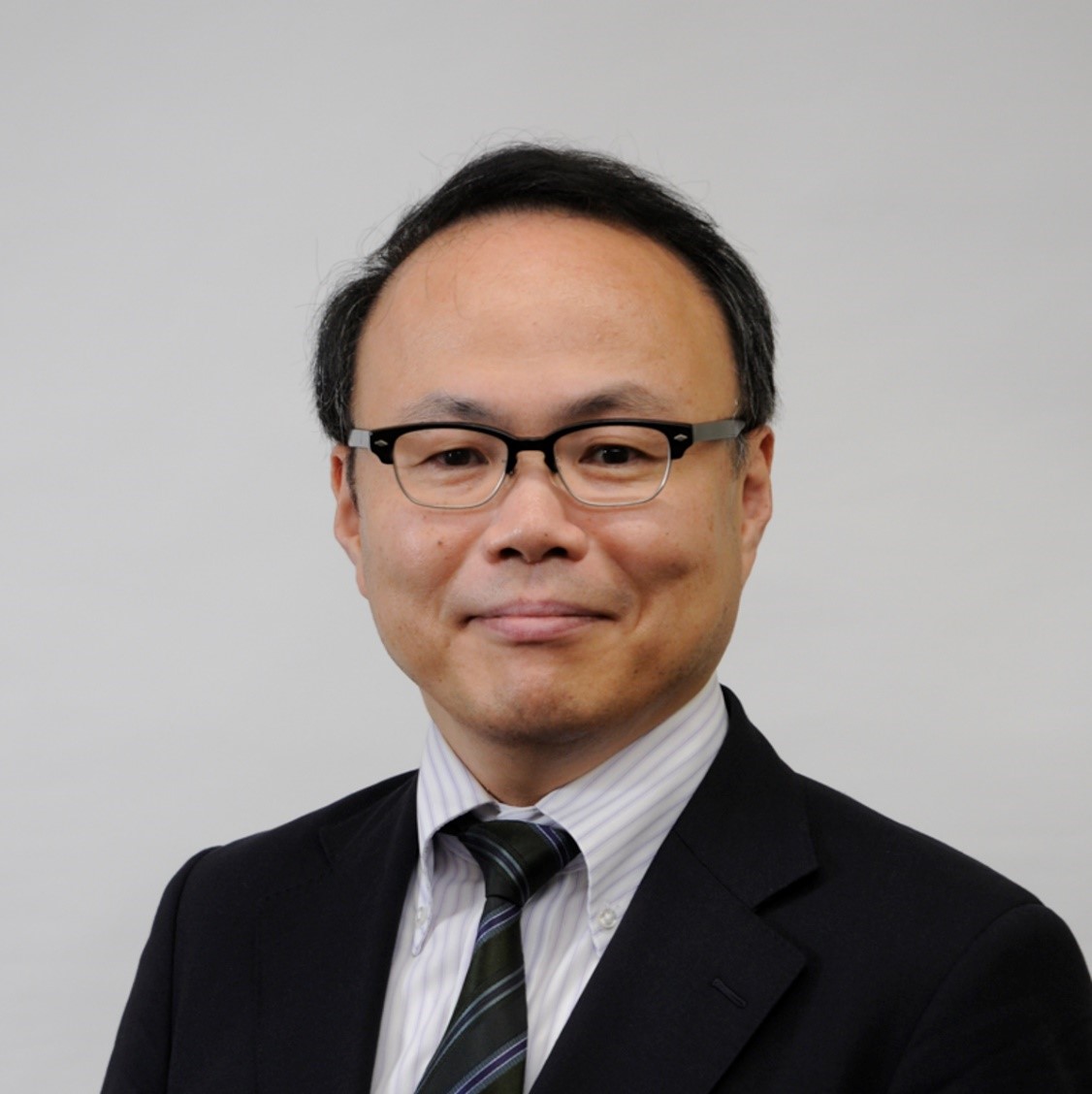
Professor, Graduate School of Engineering, The University of Tokyo
In 1993, completed a Doctoral Course specializing in electrical engineering in the Graduate School of Engineering, the University of Tokyo.
Served as AssistantResearch Associate, Lecturer, and Associateistant Professor in the Faculty of Engineering, Yokohama National University, then Associateistant Professor in the Graduate School of Engineering, the University of Tokyo, Assistant Professor and later Associate Professor in the Graduate School of Frontier Sciences, the University of Tokyo, and was appointed to his present position in 2008.
His specialty is policy analysis based on energy system engineering and energy economy models.
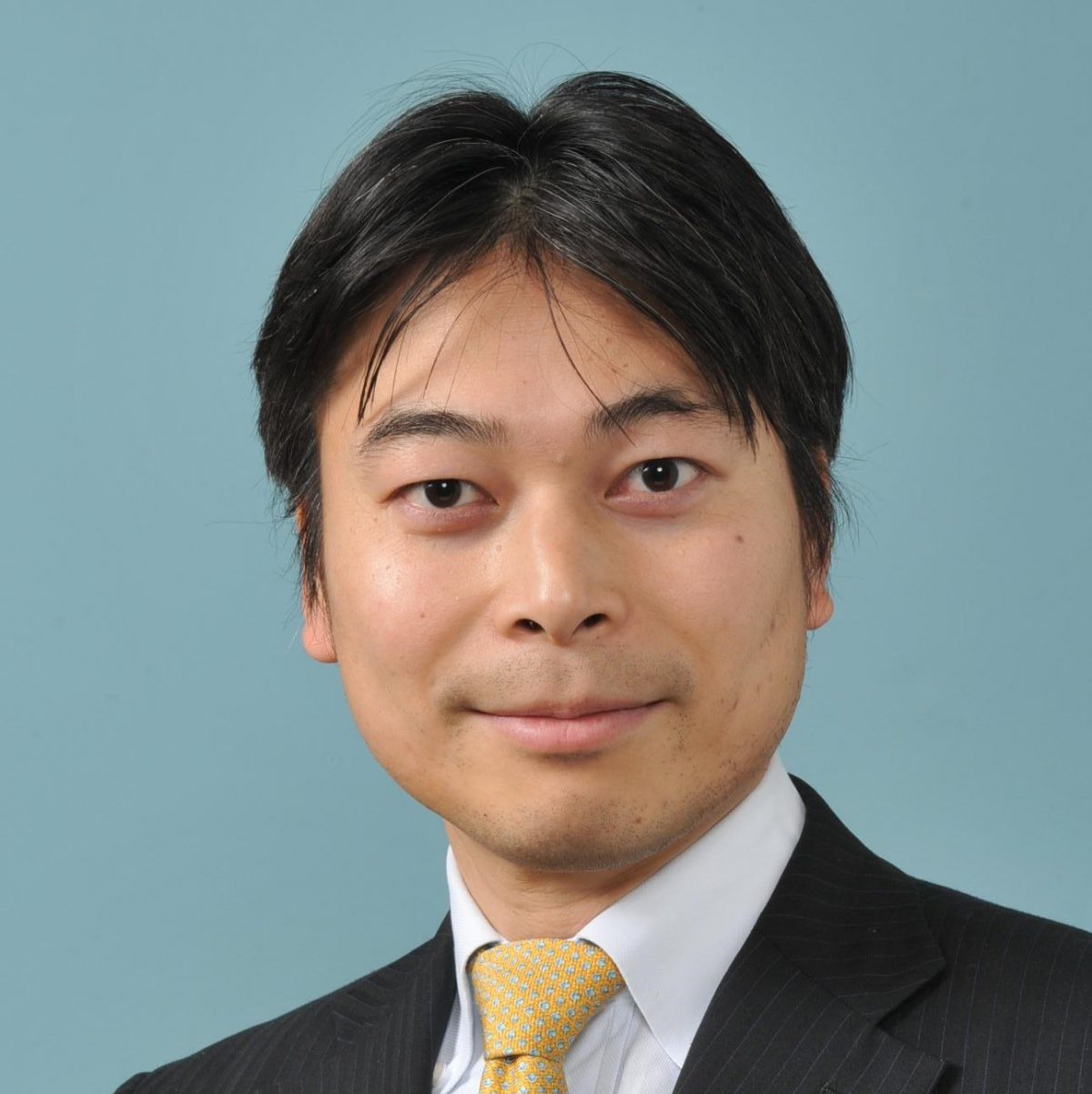
Completed a doctoral course in the University of Tokyo (Doctor of Engineering). After working atMcKinsey and Company and Japan Industrial Partners, Inc., he was appointed Assistant Professor at the University of Tokyo, and since 2017, has been Project Associate Professor specializing in the study of technology management strategy in the Graduate School of Engineering, the University of Tokyo (IoE social cooperation program).
Has acted as policy councilor for the Ministry of Land, Infrastructure, Transport and Tourism, Division D Technical Committee member of the Institute of Electrical Engineers of Japan, and Councilor of the Japan Association for Management Systems.
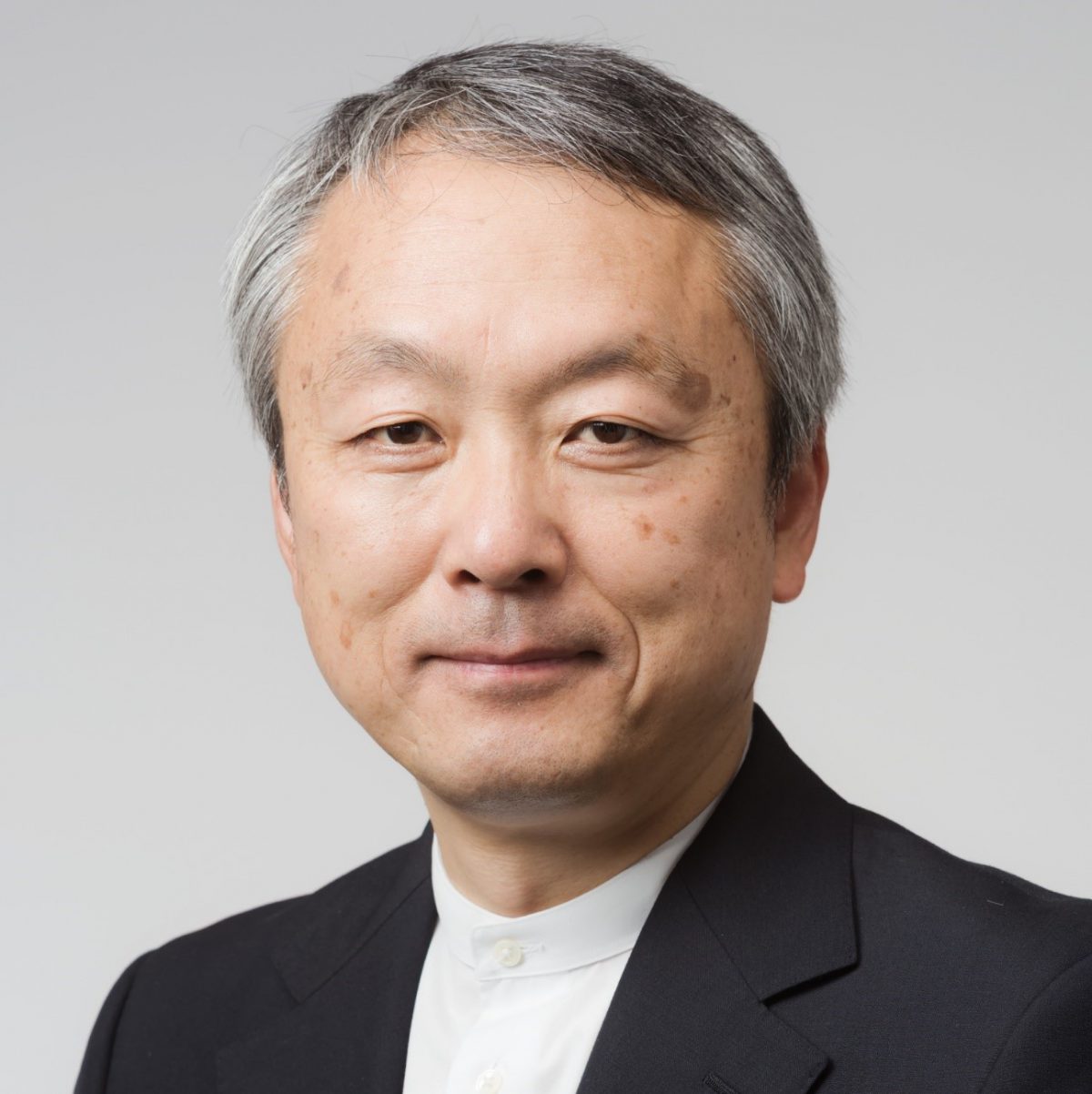
In 1979, graduated from the School of Engineering of the University of Tokyo and joined J-Power. Appointed to his present position in 2008. Research fields is the energy system integration including energy technology strategy, analysis and evaluation of materials and energy supply and demand, analysis and evaluation of dynamic energy supply and demand, centralized/distributed energy management, and introduction of reusable energies, energy systems diagnosis and evaluation; and risk assessment.
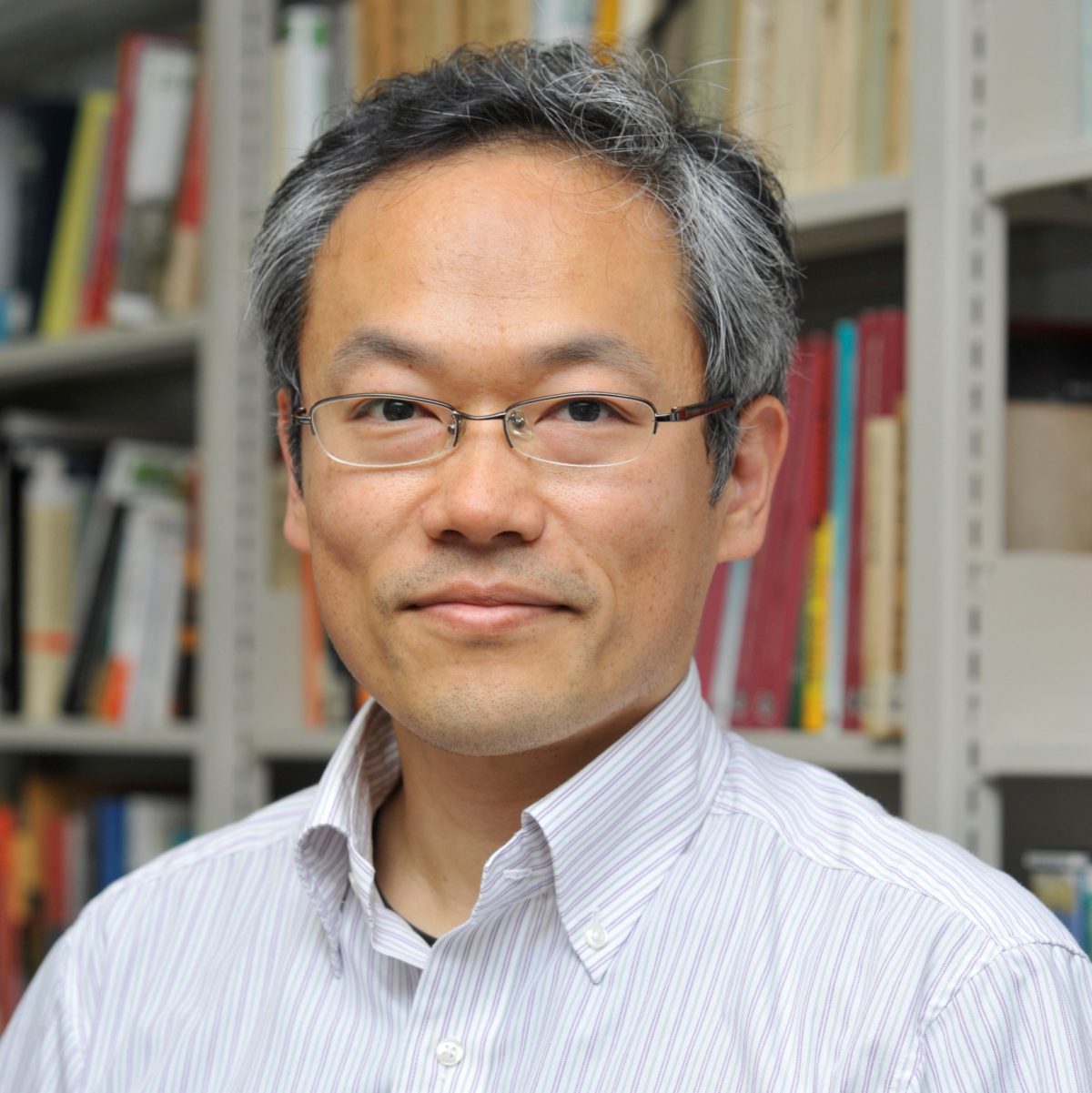
Graduated from the School of Economics of the University of Tokyo. In 2000, graduated from Northwestern University in the United States (earned a PhD in economics).
After serving as Assistant Professor in the Sauder School of Business at the University of British Columbia in Canada and then as Associate Professor of the Graduate School of Economics, the University of Tokyo, he was appointed to his present position in 2012. His specialties are industrial organization theory, competition policy, and economic policy. He has been a member of various committees, including the Advisory Committee for Natural Resources and Energy and the Electricity and Gas Market Surveillance Commission. He has received the Miyazawa Kenichi Prize (Fair Trade Commission) and the Enjoji Jiro Prize (Japan Center for Economic Research).
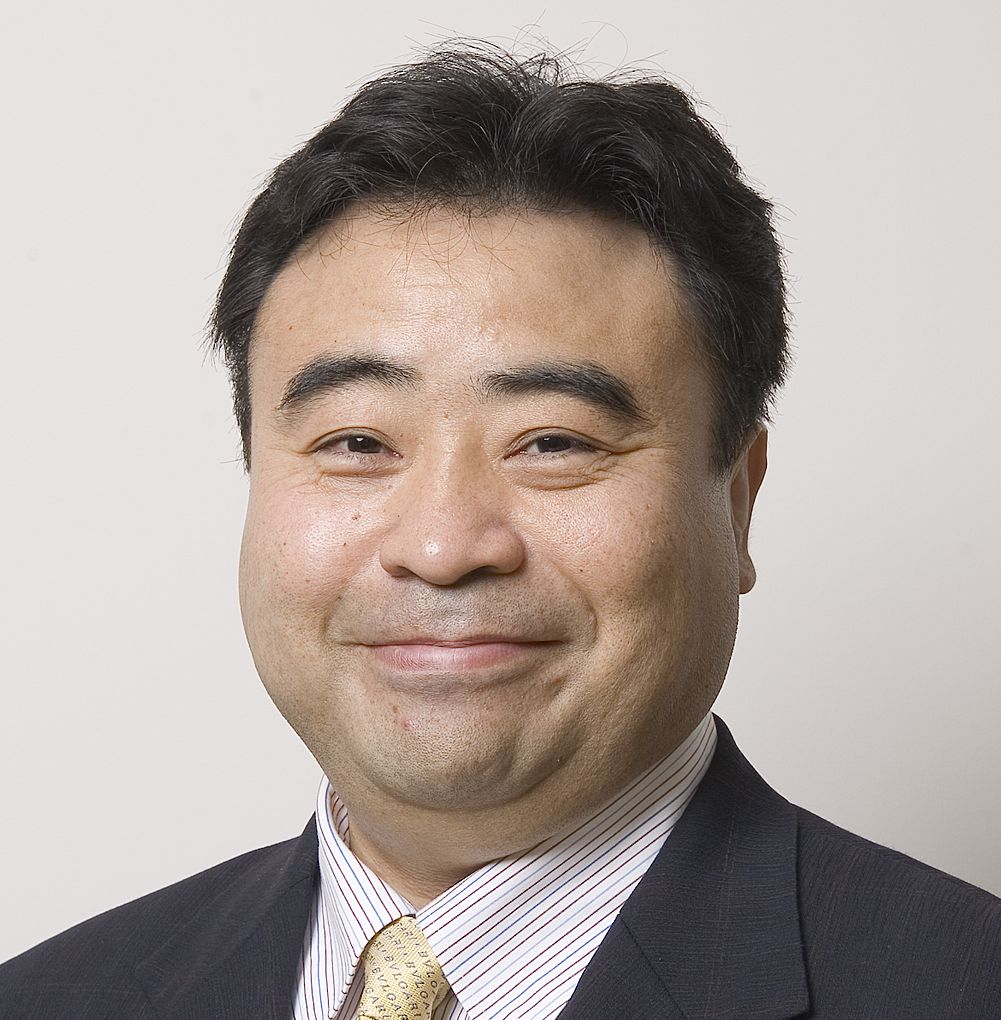
In 1987, completed a Master’s course specializing in Electrical Engineering at the University of Kyushu and joined the Toshiba Corporation. In 1990, he was employed by Bell Communications and in 1994 was guest researcher at Columbia University. In 1998, he was appointed Assistant Professor in the Mainframe Computer Center, the University of Tokyo, and to his present position in 2005.
Representative of the WIDE Project and Green University Tokyo Project(GUTP).
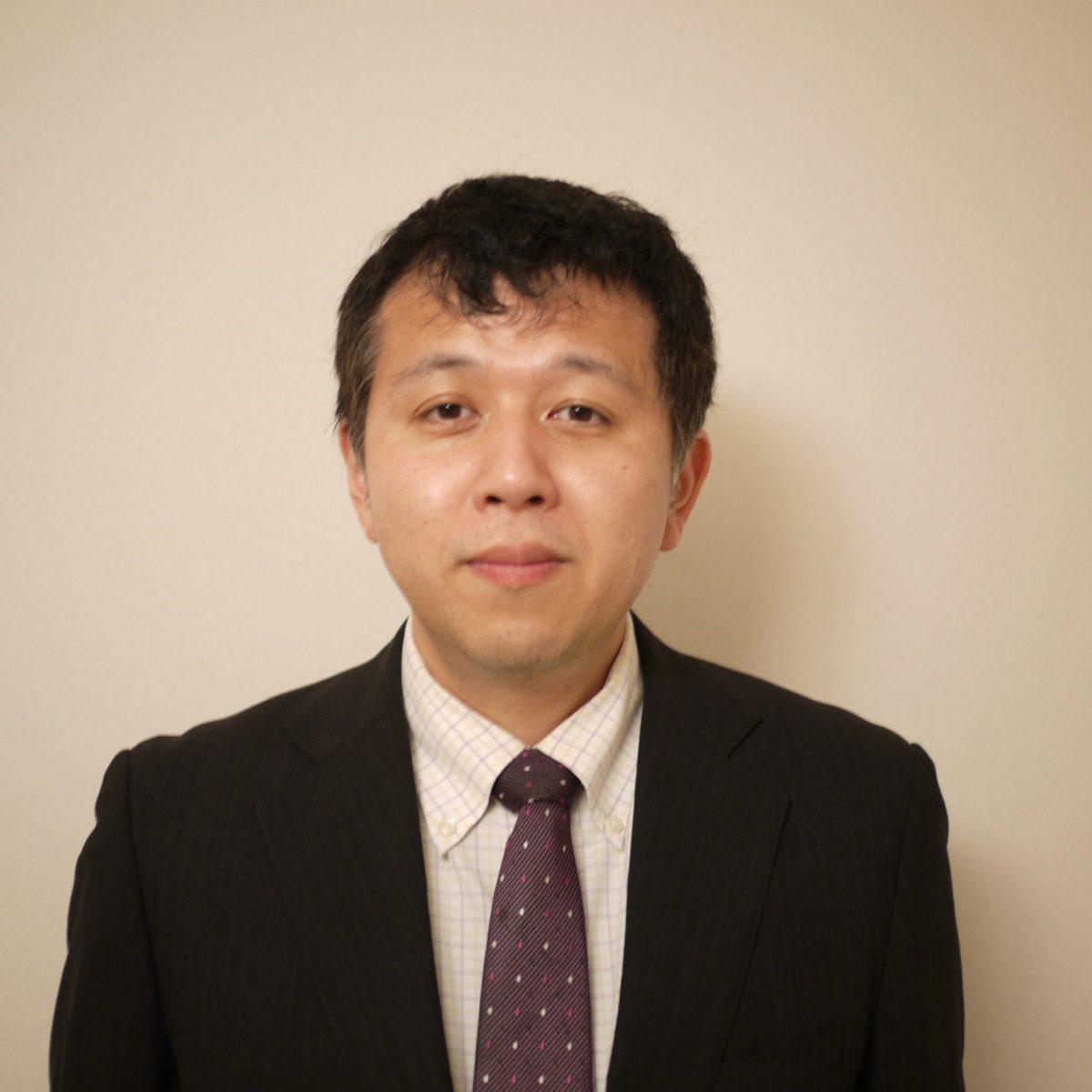
Joined Advanced Research Laboratory, Hitachi, Ltd. in 2003 and joined the H-U Tokyo Lab. in 2017. He specializes in environmental functional materials, energy management, and renewable energy application for building equipment system. Professional Engineer of Japan (Chemistry, Comprehensive Technical Management).
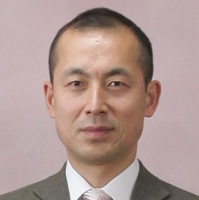
In 1987, after completing his Master’s degree in physics in the Graduate School of Science, the University of Tokyo, he joined Hitachi. He worked on research and development in the field of semiconductor devices at the Central Research Laboratory. In 2004, he was appointed to the position of Department Manager of the ULSI Research Department. In 2005, he became Laboratory Manager of the Nano-System Laboratory in the Advanced Research Laboratory, and in 2011, he became General Manager of the Magnetic Materials Research Laboratory at Hitachi Metals, Ltd. Since 2013, he has been Senior Chief Researcher of the Research and Development Group and was appointed to his present position in 2016.









